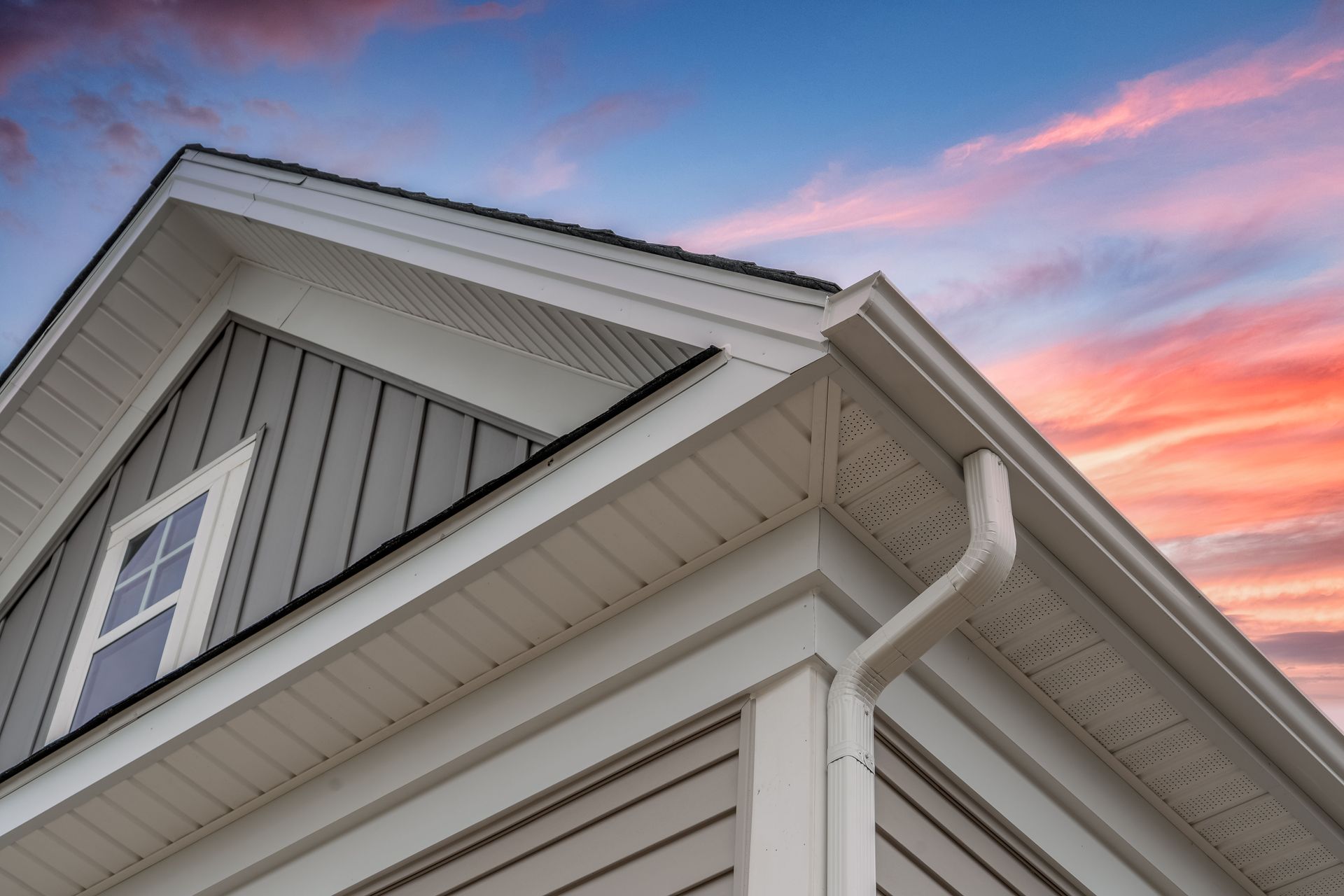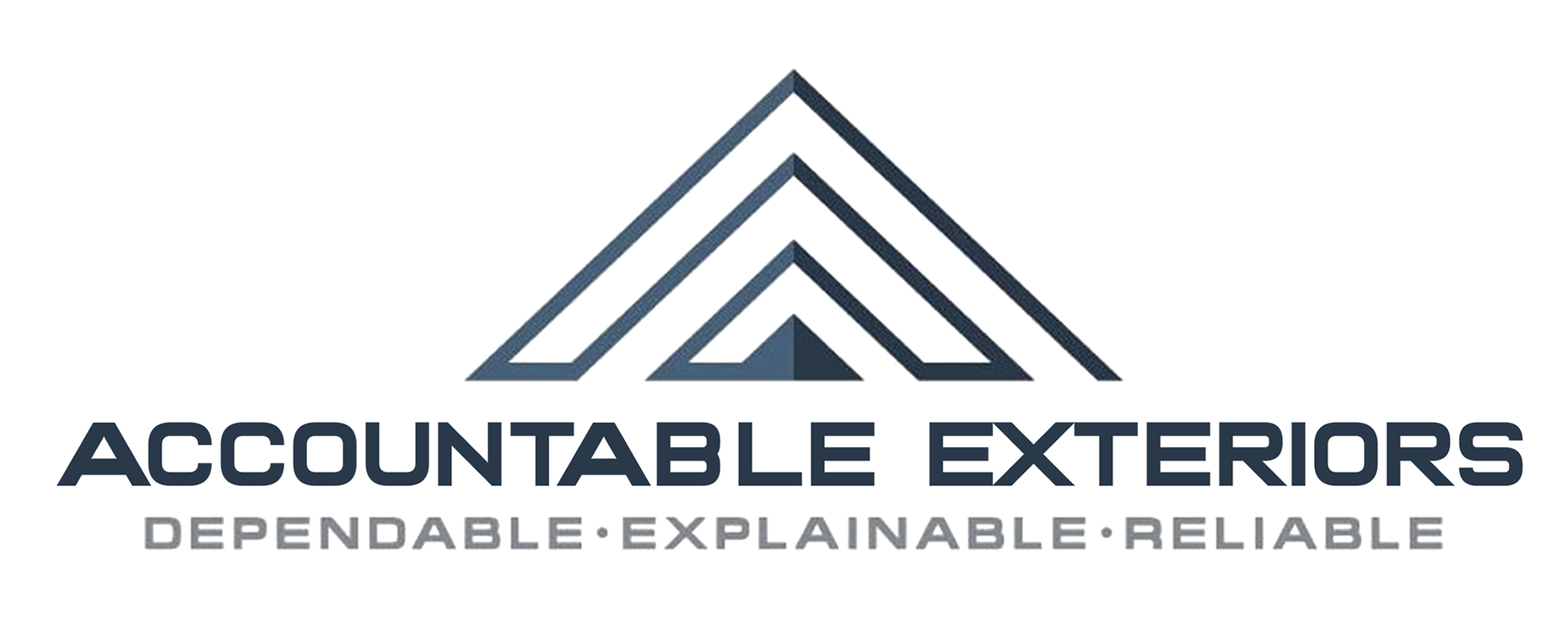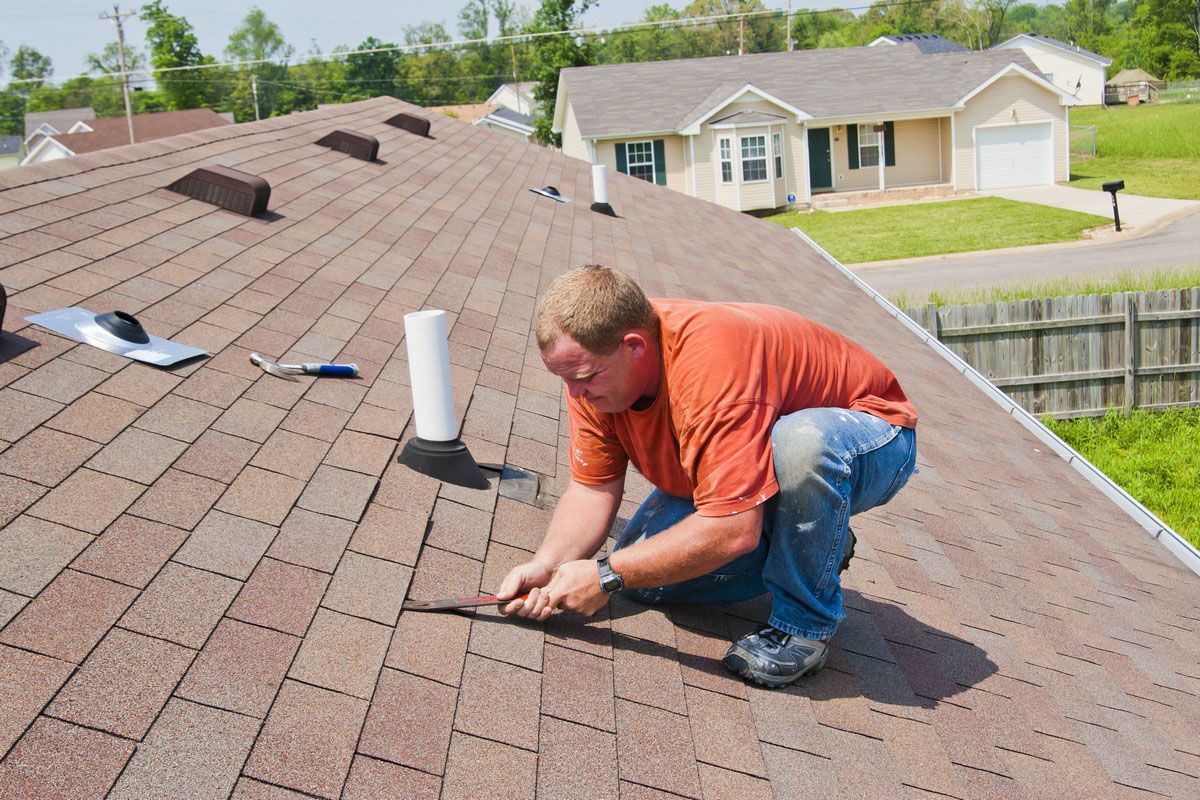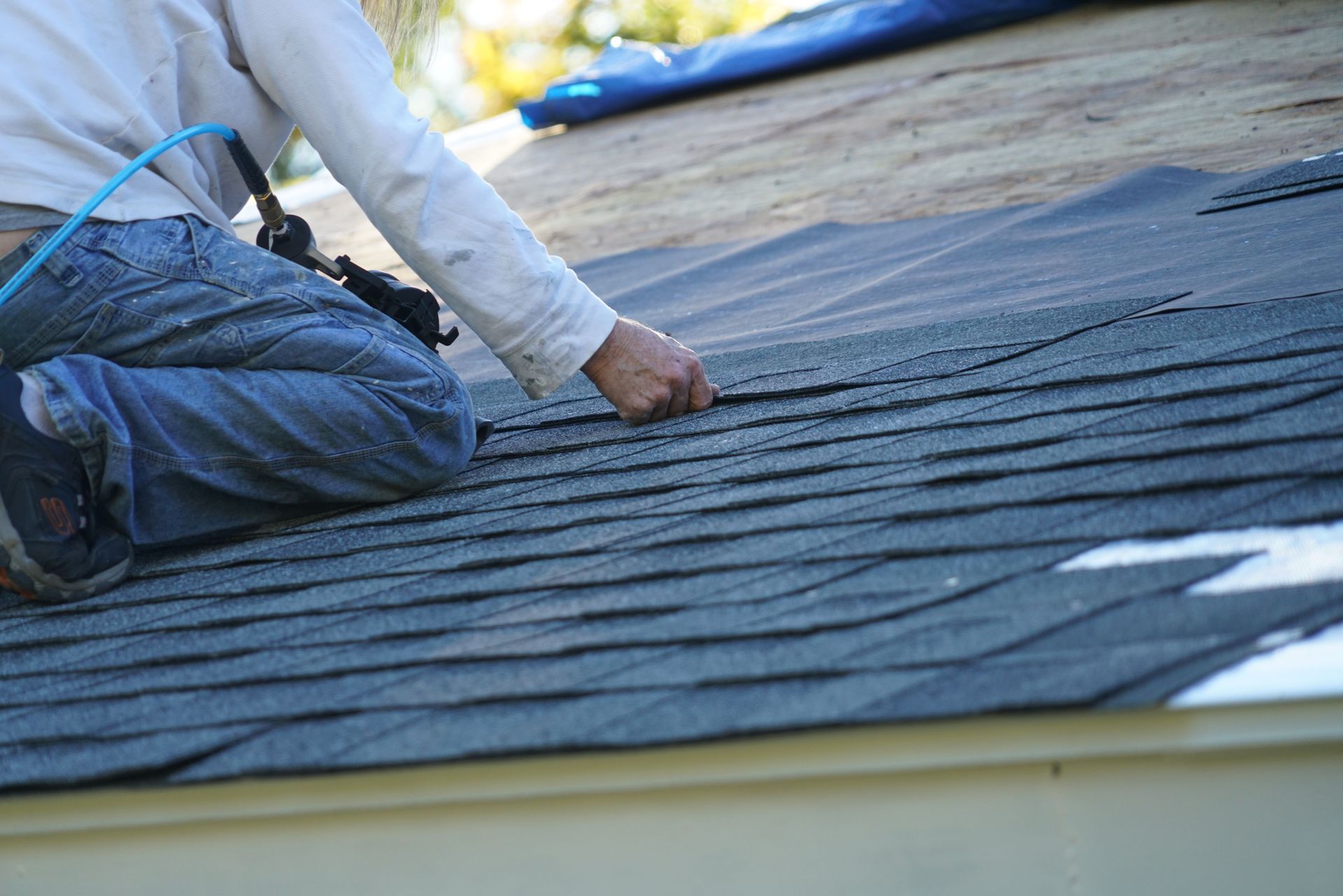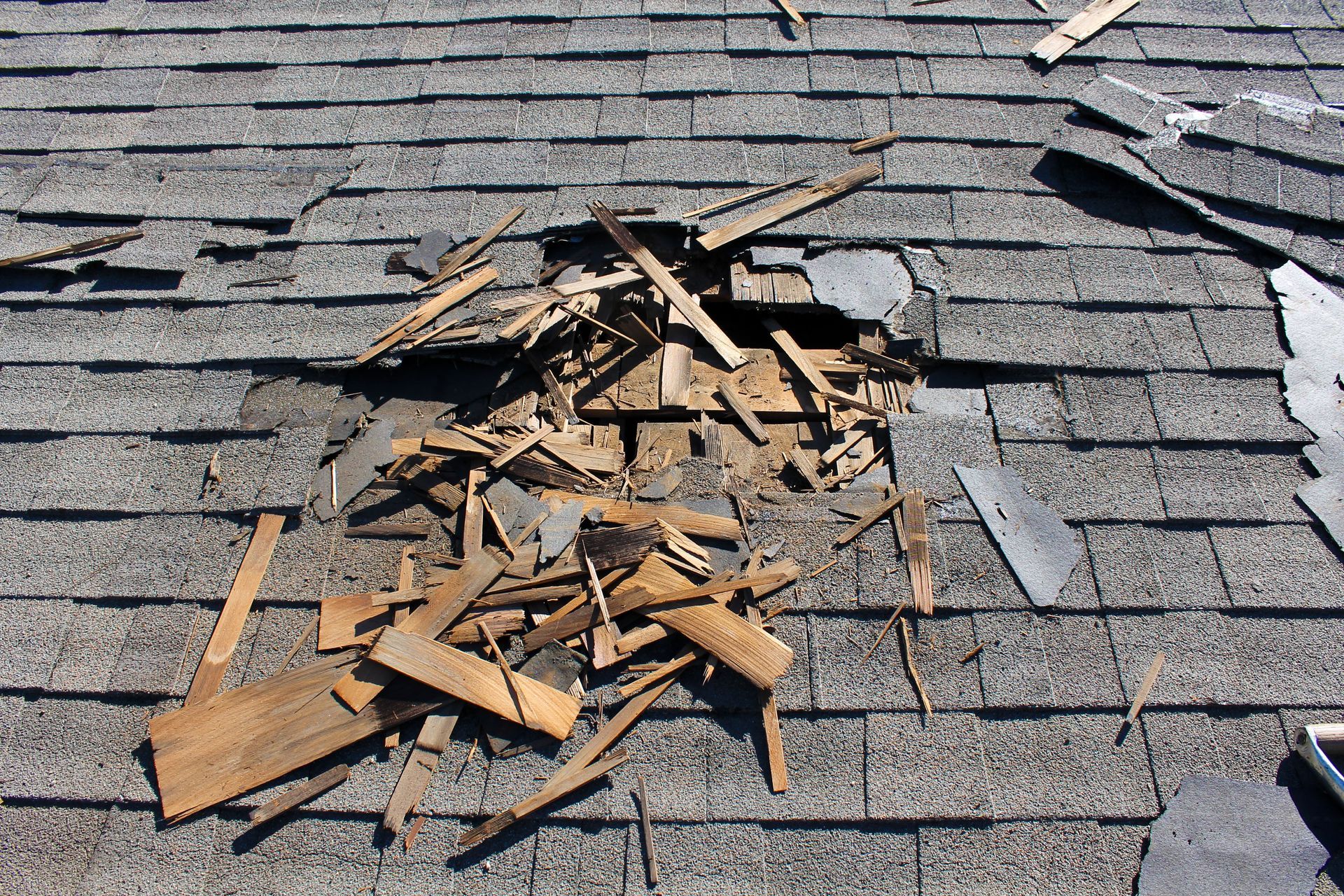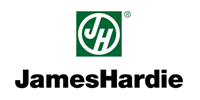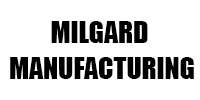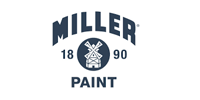By Kyle Kulikov | October 15, 2025
October 15, 2025
Fiber cement siding is an increasingly popular choice in the construction industry due to its durability, aesthetic flexibility, and long lifespan. Despite its benefits, several myths persist that can mislead potential users. This article aims to debunk common myths surrounding fiber cement siding, providing a clearer understanding of this versatile building material.
Myth 1: Fiber Cement Siding is Susceptible to Water Damage
Understand Composition
Fiber cement is a composite material made from cement, sand, and cellulose fibers. This unique composition endows it with excellent resistance to water absorption compared to traditional wood siding. While wood can warp and rot when exposed to moisture, fiber cement remains impervious, maintaining its structural integrity. Homeowners often express concerns over potential moisture intrusion, but correct application ensures that fiber cement siding performs admirably.
Prevent Moisture
Proper installation is crucial for maximizing fiber cement siding's water resistance. Key techniques include using a water-resistant barrier, adequate flashing, and sealing joints meticulously to prevent water penetration. Ensuring that the siding is installed with appropriate clearance from the ground is also essential to avoid moisture uptake. These methods collectively guard against potential water damage, reinforcing the material's reputation as a resilient choice. Installation from a fiber cement siding company further enhances these protective measures, offering peace of mind against moisture-related issues.
Compare Materials
Compared to other siding options like wood and vinyl, fiber cement stands out for its superior water resistance. Wood siding may offer a classic look, but it is prone to damage from water and pests, necessitating frequent maintenance. Vinyl siding, though resistant to rot, can crack and allow water to seep behind, especially in extreme weather. Fiber cement, however, resists these issues, remaining sturdy and intact. Its capacity to endure diverse environmental conditions makes it a preferred choice for lasting exterior protection.
Myth 2: Fiber Cement Siding is Too Challenging to Install
Understand Installation
Installing fiber cement siding involves a straightforward process that any fiber cement siding company is familiar with. It begins with securing a weather-resistant barrier to the exterior of the structure. Following this, the fiber cement panels are neatly arranged and fastened using specialized nails. The siding may then be caulked and painted, depending on the manufacturer’s recommendation. While the process requires precision from a fiber cement siding company, it is not inherently more complex than installing other siding materials.
Avoid Mistakes
Some common installation mistakes can lead to issues, but they are easily avoidable with a professional fiber cement siding company. Failing to leave adequate space for the expansion and contraction of materials might cause buckling or cracking over time. Another frequent error is insufficient sealing of seams and edges, which can allow moisture infiltration. To avoid these pitfalls, adhering to manufacturer guidelines and using the correct tools is vital. These comprehensive measures ensure that fiber cement siding performs optimally and lasts for decades.
Understand Equipment
The installation of fiber cement siding requires specific tools and equipment from a fiber cement siding company to ensure precision and durability. Essential tools include a circular saw equipped with a carbide-tipped blade designed for fiber cement. Safety gear, such as dust masks and goggles, is crucial due to silica dust generated during cutting. Additional tools like a nail gun and exterior-grade nails facilitate the secure attachment of panels. When these tools are used properly, they make the installation process efficient and effective.
Myth 3: Fiber Cement Siding Lacks Aesthetic Appeal
Know Your Options
Contrary to the myth, fiber cement siding is available in a plethora of styles, colors, and textures. The fiber cement siding company can choose from wood-grain finishes to sleek, modern panels, each offering a distinct look. This versatility enables the fiber cement siding company to match or enhance its existing architectural themes. Moreover, fiber cement can be easily painted, allowing customization to fit evolving aesthetic desires. With so many variations, it competes robustly with other materials in terms of visual appeal.
Research Potential
Customization is one of the strong suits of fiber cement siding, offering limitless design possibilities. From mimicking the appearance of cedar shingles to flat panels for a modern facade, its adaptability is unmatched. Moreover, custom paint and finish options provide additional personalization potential, enhancing the curb appeal significantly. As a result, a fiber cement siding company frequently recommends it for projects requiring unique aesthetic solutions.
Compare to Other Materials
When evaluating aesthetic potential, fiber cement stands alongside traditional materials like wood and more modern ones like vinyl. Wood offers a natural appeal but requires regular maintenance to keep its appearance. Vinyl offers color retention but may fall short in replicating the genuine look of natural textures. Fiber cement uniquely combines durability with a wide range of realistic finishes, setting it apart in both functionality and style. These aspects make it an appealing option for homeowners looking for longevity without aesthetic compromise.
Myth 4: Fiber Cement Siding is Not Environmentally Friendly
Understand Process
The environmental impact of fiber cement siding begins with its manufacturing process, which is designed to be eco-friendly. It uses materials that are abundant and sustainable, minimizing depletion of natural resources. The production process emits lower greenhouse gases compared to many traditional materials, aligning with modern ecological standards. This commitment to sustainability is a key factor in refuting the myth of its adverse environmental effects.
Consider Longevity
Durability and longevity are significant components of fiber cement's environmental friendliness. With a lifespan extending several decades, fiber cement siding reduces the need for frequent replacement. In fact, according to Modernize, fiber cement siding can last 30 to 50 years or longer with proper maintenance and regular cleaning. These sustainability factors position fiber cement as a forward-thinking choice for environmentally conscious building projects.
Understand Recyclability
Fiber cement is recyclable, supporting waste minimization and material recovery initiatives. End-of-life panels can be processed to extract raw materials, reducing landfill contributions. This recyclability is a testament to its environmental alignment, a crucial consideration for green building practices. While awareness and infrastructure for recycling fiber cement are still developing, it holds promise for sustainable waste management.
Myth 5: Fiber Cement Siding is Infrequently Used
Follow Market Trends
Market data indicates that fiber cement siding is experiencing growing adoption in both residential and commercial sectors. This upward trend reflects its reputation as a reliable and versatile siding choice. A fiber cement siding company appreciates its robust characteristics, leading to its increased application. As more projects specify fiber cement, its market share continues to rise, counteracting the perception of infrequent use. These trends are mirrored in many regions, showcasing a widespread embrace of the material.
Know Global Examples
From residential homes in North America to commercial establishments in Europe, fiber cement siding is globally recognized. Examples include sleek residential developments utilizing its modern finishes to heritage buildings benefiting from its traditional aesthetics. International success stories demonstrate its adaptability and widespread appeal. These global applications debunk the notion of its limited utilization.
Research Prominent Projects
Numerous high-profile projects feature fiber cement siding, illustrating its choice by architects and designers. One notable example is the renovation of historical buildings, where it is used for both restoration and aesthetic enhancement. Its adaptation in modern green developments emphasizes its sustainable features. Prominent commercial spaces employing fiber cement highlight its architectural flexibility and durability. These examples showcase the material's growing role in distinguished construction and design projects worldwide.
Overall, fiber cement siding offers an appealing blend of aesthetic potential, durability, and environmental sustainability. By choosing this material, homeowners invest in a siding solution that combines advanced engineering with timeless design possibilities. If you are looking for a trustworthy fiber cement siding company, call Accountable Exteriors today!
